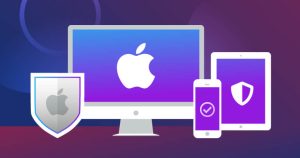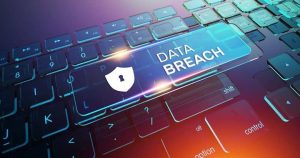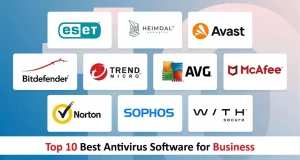In this blog post, we will discuss 10 essential tips for keeping your computer safe from viruses. In today’s digital world, where technology has become an integral part of our daily lives, it is crucial to ensure that our devices are protected from cyber threats. One of the most common types of cyber threats is viruses that can cause significant damage to our devices, compromise our security, and steal our personal information. Therefore, it is essential to take the necessary measures to protect our computers from viruses.
- The first and most crucial step in protecting your computer from viruses is to install reliable antivirus software. Antivirus software helps detect and remove viruses from your device, preventing them from causing harm. It is essential to choose reputable antivirus software and keep it up to date with the latest virus definitions.
- Another vital step in protecting your computer from viruses is keeping your software up to date. Software updates often contain security patches that fix vulnerabilities that could be exploited by hackers or malware. Make sure to enable automatic updates for your operating system, web browsers, and other software programs.
- Using strong passwords is an effective way to protect your computer from viruses and other cyber threats. Avoid using common passwords or simple combinations such as “1234” or “password.” Instead, use a combination of letters, numbers, and special characters. Consider using a password manager to create and store strong passwords for all your accounts.
- Be cautious when clicking on links or downloading files from unknown sources. Viruses can often be disguised as links or files that are sent to you via email or social media. Always verify the sender and the content before clicking or downloading anything.
- Using a firewall is another critical step in protecting your computer from viruses. A firewall is a security tool that helps protect your computer from unauthorized access by monitoring incoming and outgoing network traffic. Make sure to enable the firewall that comes with your operating system or consider using a third-party firewall for added protection.
- Avoid using public Wi-Fi for sensitive tasks such as online banking or shopping. Public Wi-Fi networks are often unsecured and can be easily exploited by hackers to steal your personal information or infect your device with viruses. If you must use public Wi-Fi, use a VPN (Virtual Private Network) to encrypt your internet traffic and protect your privacy.
- Email attachments can be a common source of viruses and malware. Be cautious when opening email attachments, especially if they’re from unknown or suspicious sources. If in doubt, scan the attachment with your antivirus software before opening it.
- Backing up your important data is an essential step in protecting your computer from viruses. In case your device gets infected with a virus, you’ll still have access to your important files and data. Make sure to regularly back up your data to an external hard drive or a cloud-based service.
- Avoid visiting suspicious websites or clicking on pop-up ads. Some websites can be designed to infect your device with viruses or steal your personal information. Make sure to use a reputable search engine and only visit websites that you trust.
- Finally, educating yourself about cybersecurity is an ongoing process that can help you stay informed about the latest threats and best practices. Keep up to date with the latest cybersecurity news and trends, and consider taking online courses or attending workshops to improve your knowledge and skills.
In conclusion, protecting your computer from viruses requires a combination of technology and good cybersecurity practices. By following these ten essential tips, you can help protect your device from potential threats and ensure that your personal information and data are safe and secure. Remember to stay vigilant and regularly update your antivirus software and software programs to stay protected against the latest threats.






